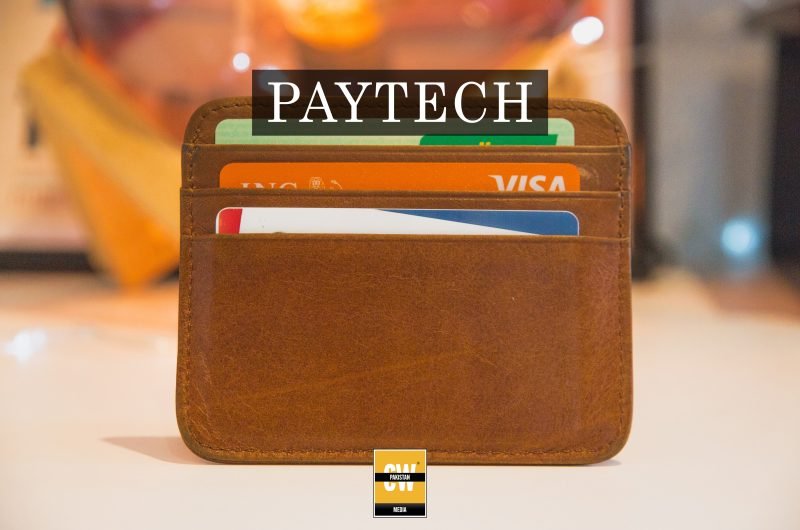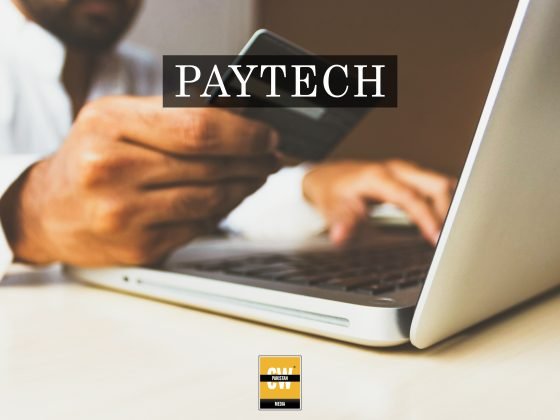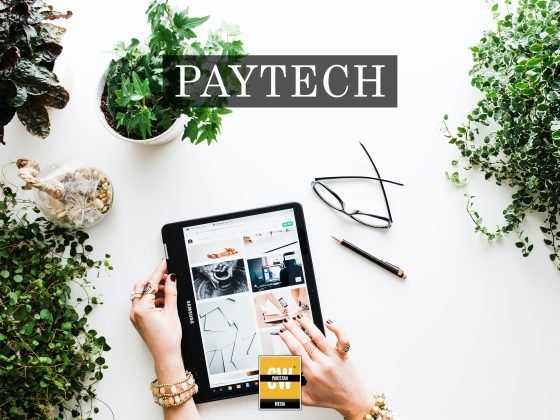Pakistan’s financial and energy landscapes are witnessing a landmark development with the introduction of the country’s first-ever retail sukuk. Launched by K-Electric, the nation’s only privatized and vertically integrated power utility, this innovative financing instrument represents a major stride in both Islamic finance and infrastructure investment.
Savings and investments remain a pressing challenge for a large portion of Pakistan’s population. Inflationary pressures continue to erode purchasing power, pushing individuals to seek new and more sustainable avenues for growing their savings. Against this backdrop, sukuks—Shariah-compliant alternatives to conventional bonds—are gaining popularity as viable tools for income generation, portfolio diversification, and ethical investment.
Globally, sukuks are becoming a significant driver of financial markets, with outstanding volumes expected to cross USD 1 trillion in 2025. Southeast Asia, particularly Malaysia, leads the way in developing mature sukuk markets, while Islamic bonds continue to play a vital role in emerging markets. In fact, sukuks represented nearly 12 percent of all emerging market US dollar debt issued in 2024, excluding China. This growth trajectory underscores the global appetite for Islamic finance products and their ability to provide stability and ethical investment opportunities.
K-Electric has long been a key player in Pakistan’s sukuk landscape, having previously issued several successful long-term and short-term instruments. However, the launch of its new retail sukuk marks a first for the country, opening up opportunities for public investors to participate directly in short-term Shariah-compliant financial instruments. With a tenure of less than twelve months, this issuance is unique and groundbreaking for Pakistan’s power sector.
The sukuk has an issue size of PKR 3 billion (USD 10.8 million), with an additional greenshoe option of up to PKR 1 billion (USD 3.6 million). Notably, PKR 1 billion has already been raised in a Pre-IPO round conducted in April 2025. The instrument offers an attractive profit rate, set at a positive spread of 20 basis points over the three-month Karachi Interbank Offered Rate (KIBOR). For eligible investors, there is also an innovative feature: the option to offset electricity bills using sukuk returns, making the investment not only profitable but also practically relevant for households and businesses.
Investing in a sukuk is fundamentally different from traditional debt instruments. Instead of functioning as a simple loan, sukuk investments represent partial ownership in the underlying assets and operations of the issuing entity. For K-Electric’s retail sukuk, this means investors are directly linked to the infrastructure that powers homes, industries, and businesses across Karachi. In effect, they become stakeholders in the city’s energy future.
This development arrives at a crucial time when Pakistan’s power sector is under immense pressure to upgrade and expand its infrastructure to meet growing demand. By tapping into retail sukuk financing, K-Electric has not only diversified its investor base but also set a precedent for utilities and infrastructure companies in Pakistan. This could pave the way for similar financing initiatives in other critical sectors such as telecommunications, water supply, and transportation.
The broader implications of this move extend well beyond K-Electric. The success of retail sukuks could inspire greater adoption of Islamic financial instruments across Pakistan, offering new opportunities for ethical investors while reducing reliance on interest-based borrowing. As more companies explore sukuk issuance, Pakistan’s financial sector could see a more diverse and resilient financing landscape, better equipped to handle challenges such as circular debt and infrastructure deficits.
For investors, the appeal of K-Electric’s retail sukuk lies in more than profit margins. It represents participation in a Shariah-compliant, ethical, and impactful financial model that aligns personal growth with national development. Rather than owning a traditional bond, investors become partners in the country’s progress, contributing directly to the systems that keep businesses running and households powered.
The introduction of this retail sukuk marks a significant turning point for Pakistan’s financial ecosystem, merging the goals of ethical investing with the pressing needs of the power sector. It reflects not only the growing maturity of Islamic finance in the country but also its potential to drive tangible, on-the-ground transformation in critical industries.








